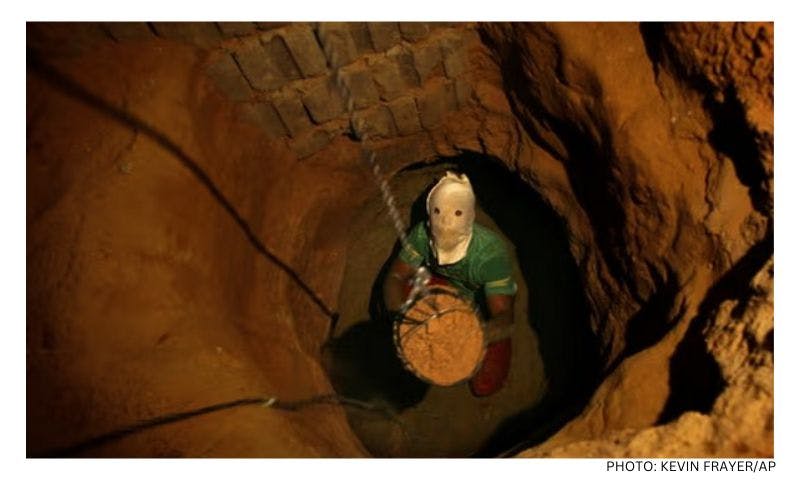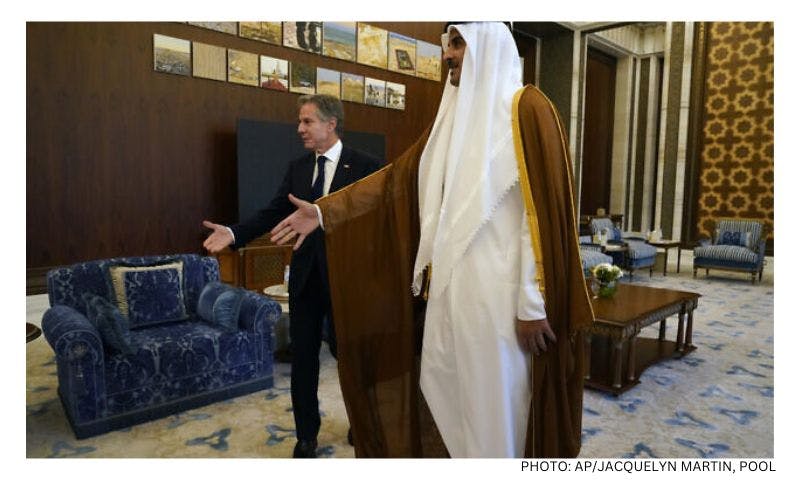Published: 22 April 2022
Last updated: 4 March 2024
The Australian media is riddled with hostile, one-eyed coverage but it hasn’t really had much impact on who wins on election day
IF LABOR LOSES the coming election, the reflex response of many of its supporters will be to blame the media, and specifically the Murdoch media empire. There is no doubt that sections of the Australian media, and Rupert Murdoch’s News Ltd outlets in particular, are consistently hostile to the Labor cause.
Former Prime Minister Kevin Rudd has made a new career for himself as a trenchant critic of the Murdoch media – although he was happy to curry favour with them when he was in office.
There is not a single major newspaper in Australia that is supportive of the Labor Party. The Murdoch papers (notably their flagship the Australian, but also their tabloids, of which more shortly) are ideologically hostile, and their news coverage is clearly heavily slanted in favour of the Coalition.
The Nine papers (the Sydney Morning Herald, the Age and the Australian Financial Review) are seemingly more moderate in their news coverage, but still editorially unfriendly to Labor. The Guardian (whose Australian edition only appears online) generally takes a position to the left of Labor.
Contrast this situation with that in the United States, where many of the most respected (and highly circulated) newspapers are broadly supportive of the Democratic Party, including the New York Times, the Washington Post, the Boston Globe and the Los Angeles Times.
In Britain the Guardian and the Daily Mirror are generally hostile to the Tories, if not always friendly to Labour (note the UK party spells their name differently to Australia). In France Le Monde is an influential left-wing daily. Australia stands out among the Western democracies for the unanimous conservative slant of its print media.
Of course, the days when “media” meant primarily “newspapers” are long gone. Most Australians get their news from electronic media of various kinds. Australia’s free-to-air TV networks generally try to avoid party politics, but their news coverage generally follows in the footsteps of the print media. The exception is Murdoch’s Sky News (primarily “after dark”, that is after 6pm), which is not just anti-Labor but aggressively right-wing, following the model of Fox News in the United States.
The only major outlet which offers any serious resistance to the conservative hegemony in the Australian media landscape is the ABC, which is why the Liberal Party and the Murdoch commentariat hate it so much, and work as hard as they can to destroy it.
The question is: does this really matter? Does media bias, no matter how blatant, really influence election outcomes?
There is not a single major newspaper in Australia that is supportive of the Labor Party. The only major outlet which offers any serious resistance to the conservative hegemony is the ABC.
We can look at this question in two ways. We can ask how many people are exposed to, or influenced by, the anti-Labor media, and we can look at election outcomes in places where the anti-Labor media bias is most dominant.
Let’stake the first question first. Newspaper circulation in Australia, as elsewhere, is steadily in decline. Since 2005, the Australian’s circulation has fallen from 133,000 to 88,000, the Daily Telegraph from 400,000 to 220,000, the Herald-Sun from 550,000 to 300,000, the SMH from 210,000 to 78,000 and the Age from 190,000 to 74,000. Of course, each copy sold represents more than one reader, but it’s clear that the reach of the print media is declining.
Not surprisingly, these mastheads point to their new business model of online content and their use of a paywall to protect their content, but they are focused on “clicks” and as a result they closely guard the true figures as to what numbers are clicked through, what number represents returning subscribers and of course how many are unique or new.
These figures also need to be seen in the context of who consumes what kind of media. The more up-market newspapers are mainly read by well-educated people whose political views are generally fixed. They tend to buy a paper which conforms to their views. Conservatives read the Australian, liberals read the Age (with increasing dissatisfaction), rusted-on Left readers read the Guardian. So these papers, whatever their biases, don’t really shift many votes – although they do influence the public discourse.
The tabloids, on the other hand, are generally read, or at least looked at, by people with less education and whose political views are less fixed. These are considered disengaged voters or “low information” we hear so much about, the people who elected Trump and voted for Brexit. In Australia they have even more electoral heft because we have compulsory voting.

These are the people the right-wing tabloids are trying to influence. Many of them come from working-class families and have been traditionally Labor voters, but as class loyalties decline, their votes are increasingly up for grabs.
But do these people really buy the Daily Telegraph or the Herald-Sun to read Miranda Devine and Andrew Bolt? My observation, admittedly not very scientific (mostly watching people at tram stops), is that they don’t.
Most of them flick through and look at the major news stories. Many (particularly in Melbourne) start at the back and read about the football, and quite a few read nothing else.
Others (mainly women) go straight to the lifestyle or entertainment sections. Most people under 25 don’t look at newspapers at all. They stand at the tram stop and look at their phones, presumably getting their news from Tik-Tok.
But media hostility didn’t stop Paul Keating or Kevin Rudd winning, nor has it stopped a raft of Labor premiers in recent decades.
Now to the second question. Both Melbourne and Brisbane have virulently anti-Labor Murdoch tabloids, the Herald-Sun and the Courier-Mail. Yet Labor has been in power for most of the past 30 years in both Victoria and Queensland. During the last elections in both states, the tabloids ran quite nasty campaigns against Daniel Andrews and Annastacia Palaszczuk. Yet both were re-elected with increased majorities.
The Herald-Sun spent the whole of 2020-21 calling Andrews a communist dictator, but his standing with the electorate has seemingly not been affected.
We could see New South Wales as a counter-example. But the sad fact is that over the past decade, NSW Labor has not needed any help from the Daily Telegraph to lose elections – that has all been their own work. Now that Chris Minns has begun to turn the ship around, it will be interesting to see whether the Daily Telegraph can get the Liberals over the line again next year. My guess is that their best efforts won’t make much difference.
And so we come to the upcoming federal election. Anthony Albanese has got off to a less than ideal start, and the media have, predictably, gone to town on him. They could hardly do otherwise. But they have also been savaging Scott Morrison over the Liberal preselection debacle, the broken integrity commission promise, his slack response to the floods, and a range of other issues. The Murdoch commentariat have been going on about the menace of socialism as always, but I really doubt that many people are listening.
If Labor loses again, it will be mostly because they have been unable to persuade crucial sections of the suburban and regional electorate that the ALP represents a safe alternative to Morrison and his ramshackle government. Having to deal with a hostile media has, of course, not helped Labor in that task.
But media hostility didn’t stop Paul Keating or Kevin Rudd winning, nor has it stopped a raft of Labor premiers in recent decades. If Labor loses, blaming the media will be a simple answer but it won’t be the right one.
And we haven’t talked yet about the influence of social media, in particular Facebook. That’s for another day.




